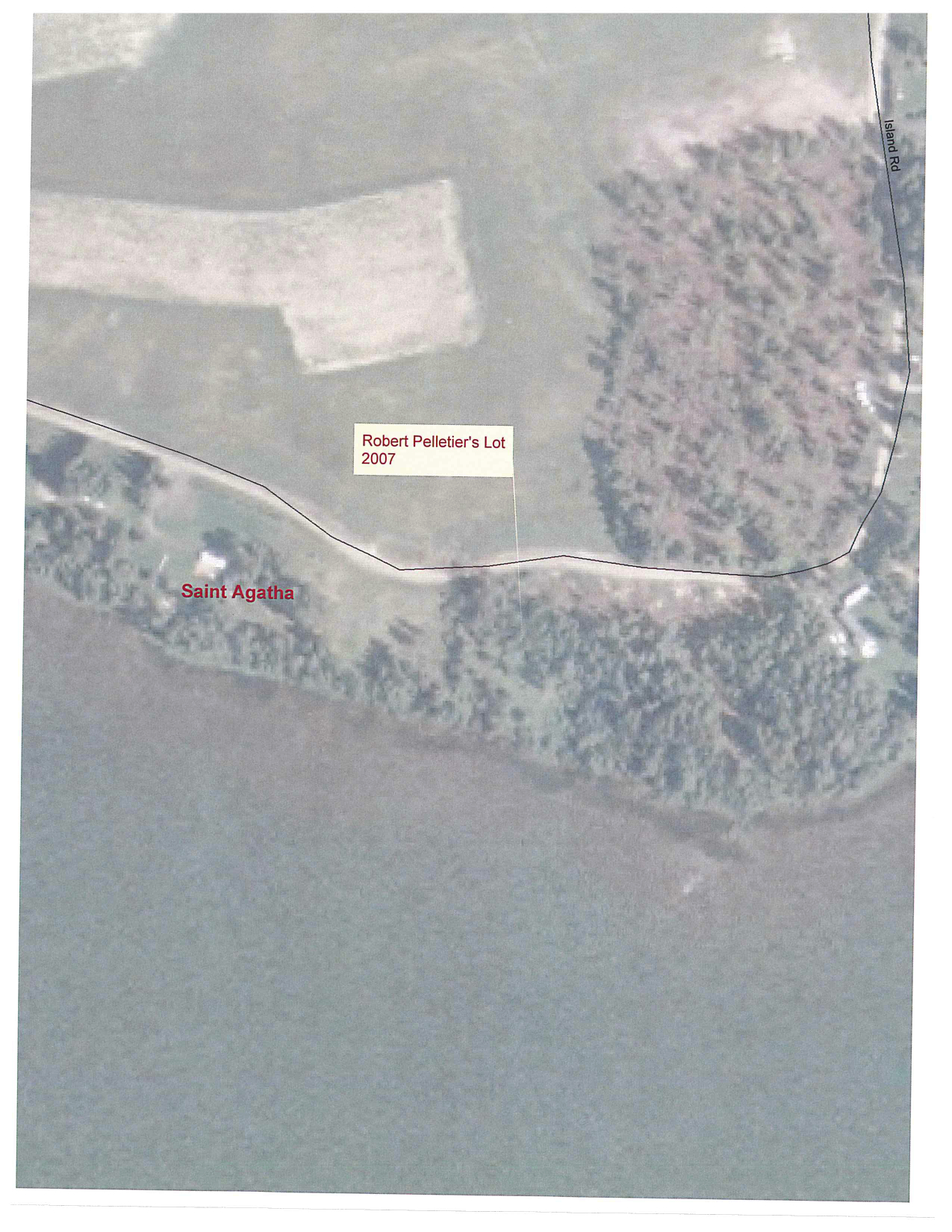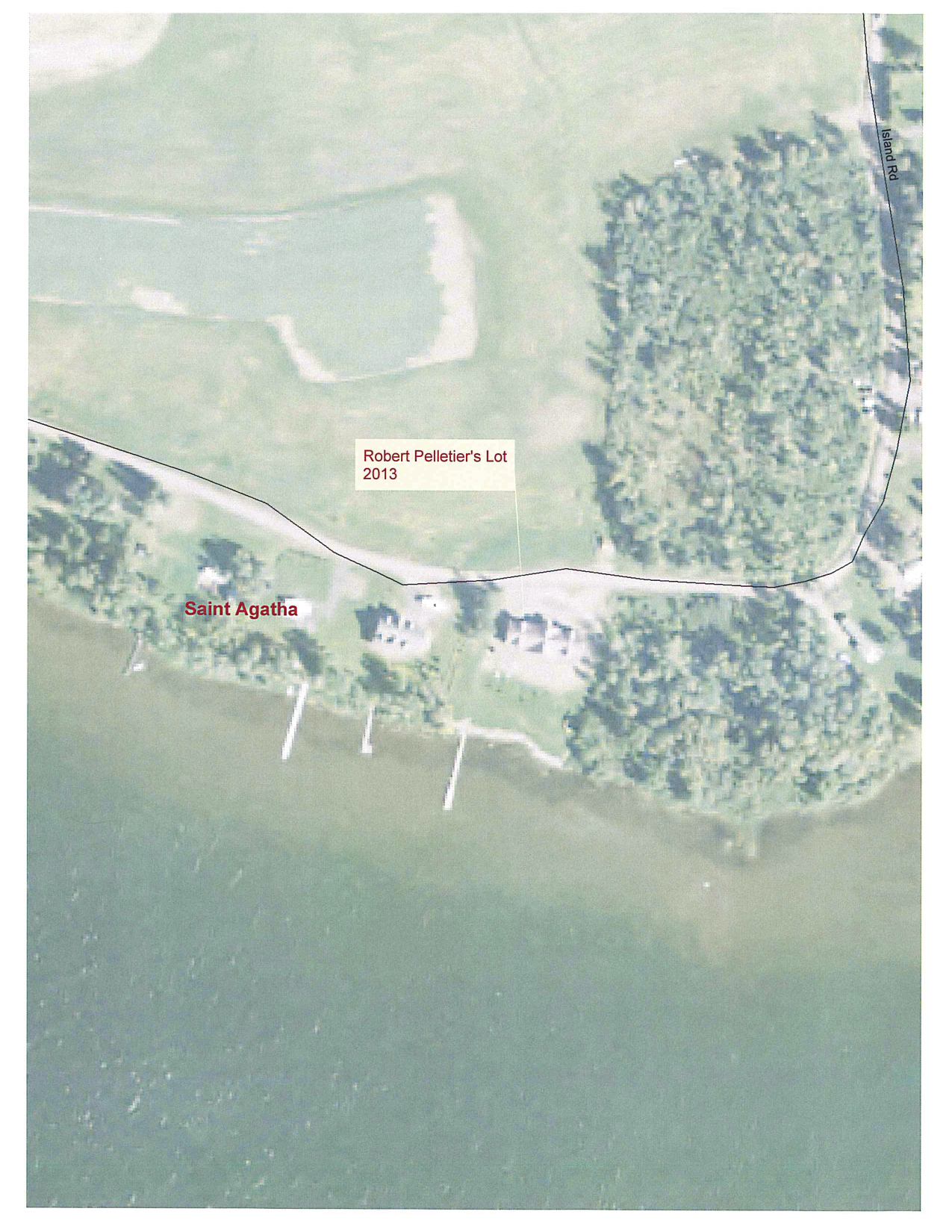AUGUSTA – A state senator and candidate for Congress last month tried to get special legislation passed to help a single constituent by undoing at least part of a legal agreement with the state designed to protect a lake in Aroostook County.
State Sen. Troy Jackson, D-Allagash, said his bill would allow the constituent to avoid $109,000 in fines and also let him maintain the Long Lake property in a way the state said would violate the law and pollute the lake.
The bill was killed on April 4 by the legislature’s Environment and Natural Resources Committee after the state attorney’s general office and the state Department of Environmental Protection (DEP) opposed it.
Assistant Attorney General Gerald Reid testified that the bill “is constitutionally suspect. It likely violates principles of separation of powers by involving the Legislature in the resolution of a specific enforcement action, when enforcement of the laws is properly left to the Executive Branch … The bill also likely violates the Equal Protection and Special Legislation Clauses of the Maine Constitution.”
Mark Bergeron, director of the DEP’s Division of Land Resource Regulation, said that, if passed, the bill “would create uncertainty with other ongoing or future enforcement action … because there would be the sentiment that future violators could seek relief from enforcement through legislation, even after agreeing to corrective action measures.”
Jackson’s constituent is Robert Pelletier, a general contractor in Fort Kent.

“A constituent of mine felt like they didn’t get a fair deal from a state agency,” said Jackson. “I thought he had merit.”
In 2011, Pelletier was accused by the state Department of Environmental Protection of violations of the Shoreland Zoning Law and the Natural Resources Protection Act after he had a contractor clear 200 feet of vegetated lake frontage under a permit that allowed him only to stabilize the eroding shoreline.
The clearing by Pelletier created unobstructed lake views from the large home he built on the property.
Facing $100 a day in fines, Pelletier negotiated an out-of court agreement with the state that required him to replant the shoreline area with 71 trees; attend a workshop on shoreline stabilization methods; and pay only a $2,500 fine. He signed the agreement on Feb. 11, 2014; representatives from the DEP and the attorney general’s office signed it in late February and early March.
But after he signed it and planted 30 of the trees, Pelletier said he began to “regret” signing the agreement.
“I do not like the fact that I can no longer mow” the shoreline, he said.
Jackson said he at first contacted the DEP to try to resolve Pelletier’s complaints. But by the time they got back to him, Pelletier had signed the consent agreement. So, at Pelletier’s request, he stepped in.
On March 11 Jackson placed a bill, “An Act to Correct an Error in the Permitting Process by the Department of Environmental Protection,” before the members of the Legislative Council, the governing body of the legislature that includes leadership of both parties, asking for their permission to introduce the bill even though it came after the normal legislative deadline. Jackson is a member of the council.
The bill’s text read, “This bill proposes to allow Robert Pelletier to undertake property maintenance activities within a buffer zone on property abutting Long Lake in St. Agatha owned by Mr. Pelletier notwithstanding a consent agreement entered into between Mr. Pelletier and the Department of Environmental Protection.”

The Legislative Council approved the bill’s introduction and the environment committee held a public hearing for it on April 1.
In his written testimony to the committee, Jackson, the majority leader in the Senate, said, “The purpose of this bill is simply to allow Mr. Pelletier to continue maintaining his property as he has in the past and to avoid the $109,000 in fines that would otherwise be applied to him.”
Bergeron, of the DEP, said among the problems with the bill was that it would allow Pelletier to mow within the 75-foot buffer zone along the lake, which was “in violation of the consent agreement” and would “have negative effects on the lake’s water quality.”
State Rep. Joan Welsh, the Democratic co-chair of the Environment and Natural Resources Committee, said, “We felt that the consent agreement was a reasonable solution” and the bill was “intervening in a judicial process that the legislature really didn’t have a role in.”
She said, “as a legislator myself, if there’s ever a bill that’s only about a specific individual and not broadly applicable, my instinct is not to bring it forward.
“The only filtering method that the state legislature has is legislators themselves,” she said. “I would encourage my fellow legislators to use a little filter – but some of them do, and some of them don’t.”
By introducing the bill to help Pelletier, said Jackson, “he had his chance to make his case.
“I put the bill in, knowing all along that these things are very tough to overturn, but felt he had some merit that he was asking to maintain the property the way he was before,” said Jackson. “Government isn’t always right and so sometimes you know, the legislative body puts bills in.”
The name of the bill was changed during the legislative process to, “An Act To Allow Property Maintenance Activities notwithstanding a Consent Agreement with the Department of Environmental Protection.”
The case dates back to May, 2011, when Pelletier filed for a state permit to repair the eroded shoreline at his property on Long Lake.
Permits are required for such work because the state considers intact shorelines a crucial part of keeping lakes, streams, rivers and coastline waters clean and healthy. Maine’s Mandatory Shoreland Zoning Law, which is considered a national model, was first enacted in 1971 in response to increased development pressure that threatened to ruin these sensitive areas.
On June 3, 2011, the DEP approved Pelletier’s permit.
On Nov. 1, a DEP inspection of Pelletier’s lakefront property found that he had stripped the shoreline bare and had torn up the soils along the water’s edge.
In addition, “Department staff found that filling and bulldozing had occurred within seventy-five feet of the lake,” and the riprap installed along the shoreline had been placed higher than the law allows.
Bergeron said that “these actions constitute clear and serious violations” of the relevant laws.
The DEP twice notified Pelletier in 2011 that he had violated those laws and was liable for fines of up to $100 a day.
Pelletier said he cleared the land because it was the only way he could stabilize the shore using a specially-designed cloth and then rocks.
“You have to remove the vegetation in order to put down the fabric before the rocks,” he said. “I don’t know how else a person could do it.”
Those violations could have landed Pelletier in court. But one of the ways landowners who have violated Maine environmental laws can avoid a court proceeding and potentially high fines is to enter a consent agreement with the state.
About three years later – on Feb. 11 this year – Pelletier signed the consent agreement.









